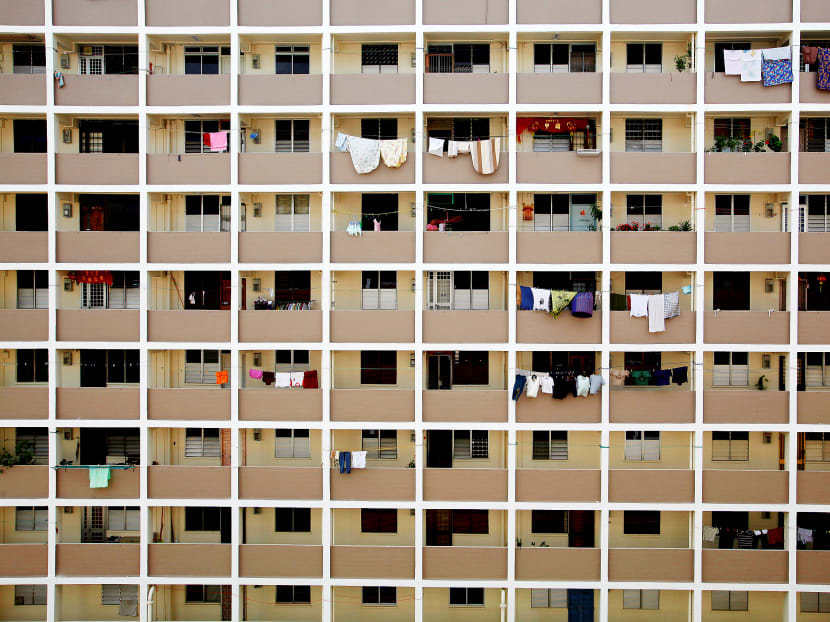App to help households gauge energy use slated for 2018 trial
SINGAPORE — In two years, a quick tap on your phone could tell you if you are using too much electricity, gas or water each month.
SINGAPORE — In two years, a quick tap on your phone could tell you if you are using too much electricity, gas or water each month.
The authorities are calling for proposals to develop technical solutions for a smart metering trial that can read electricity, gas and water meters remotely so that consumers can use such data to better manage their consumption patterns.
Interested parties have to develop and test solutions that can remotely read all three meters reliably and cost-effectively at half-hour intervals. They will also have to develop a mobile application to provide consumers with timely information on their electricity, water and gas consumption through their mobile phones and tablets.
“This trial is aimed at enabling electricity, gas and water meters to be read remotely, and providing more timely usage data to consumers to help them better manage their utility consumption,” the Energy Market Authority, national water agency PUB and the Singapore Power said on Monday (Oct 24) in a joint statement.
The interested parties have till February next year to submit their proposals, and more details will be available on Spring’s website on Nov 2. The trial is expected to start in early 2018 and will run for six months.
In his opening remarks at the Singapore International Energy Week held at Marina Bay Sands on Monday, Minister for Trade and Industry (Industry) S Iswaran said the trial results will help the authorities assess whether and how they can deploy advanced metering solutions nationwide, which is in tandem with plans to have full retail contestability in the electricity market by 2018. In a fully contestable market, consumers could choose whether to buy from electricity retailers under customised price plans, or from wholesale electricity markets.
Speaking to reporters on the sidelines of the event, Mr Iswaran said: “If you’re able to know your energy consumption, your water consumption, your gas consumption, if you’re allowed to access the information through a mobile platform, it allows you to then heed price signals, take appropriate actions and with a more contestable electricity market, it also means you have more flexibility in the kinds of contracts you choose as well.”
At present, most electricity meters are read manually once every two months, together with the gas and water meters, and show cumulative data. Only contestable consumers — currently large consumers like commercial building owners — are using a smart electricity metering system.
Smaller-scale trials with households have been conducted in the past, including one in 2012 where smart meters were installed in some 1,900 households in Punggol as part of the EMA’s Intelligent Energy System (IES) Pilot. Some households also received an in-home display unit that provides real-time information about their electricity consumption.
Some residents of Yuhua, designated a smart town by the authorities, are also testing a Utilities Management System that can help households monitor energy and water usage through a mobile application.
Asked about takeaways from the Punggol and Yuhua trials, EMA director of Market Development and Surveillance Department Soh Sai Bor said the IES was an “initial effort”. The Punggol trial provided “useful learning points” for the current platform for contestable consumers, which has seen close to 90,000 advanced meters installed, he added without elaborating.
As for whether he was encouraged by the outcomes, Mr Soh said these are “little efforts” that put together will have bigger impact. “So everyone has a part to play, a few per cent here and there will certainly help to mitigate the need to invest in more energy infrastructure to meet demand growth,” he said.
Speaking to TODAY, executive director at the Energy Research Institute at Nanyang Technological University Subodh Mhaisalkar noted that you “cannot improve what you cannot measure”. Consumers here, he added, are already used to such systems, such as those who use apps to monitor their mobile data consumption.
He suggested that the new smart metering system have features that provide feedback or nudge users whenever they exceed certain usage limits, to be more effective in changing consumer behaviour.







